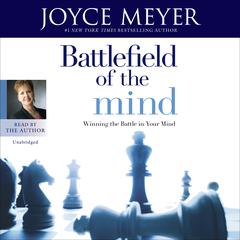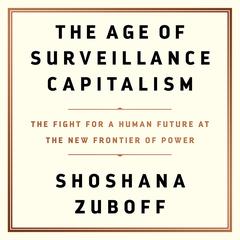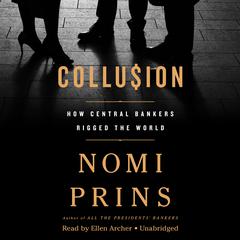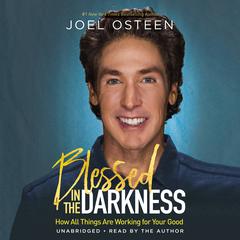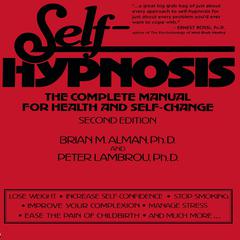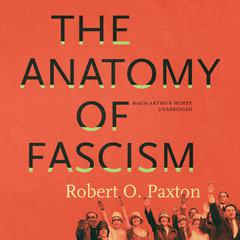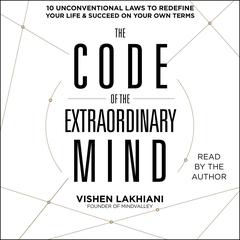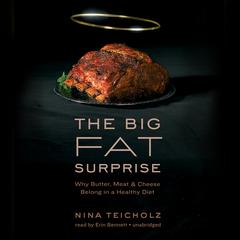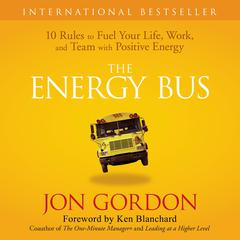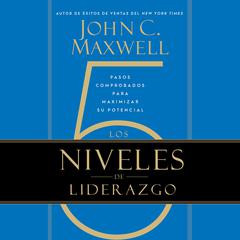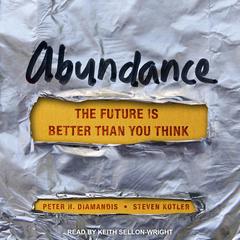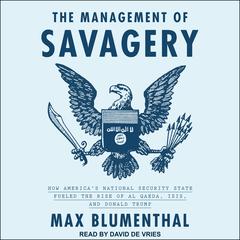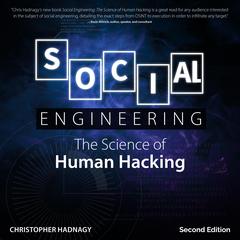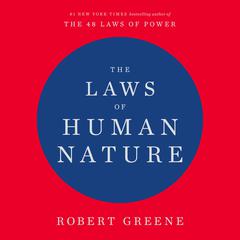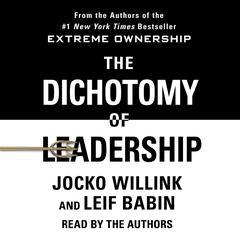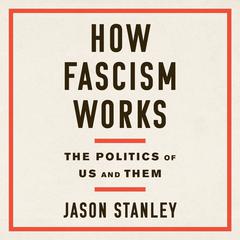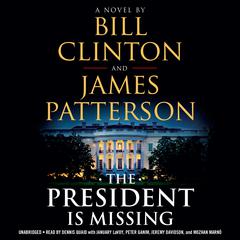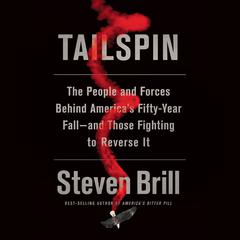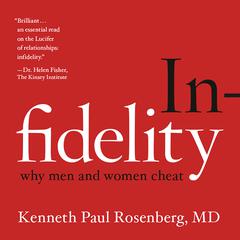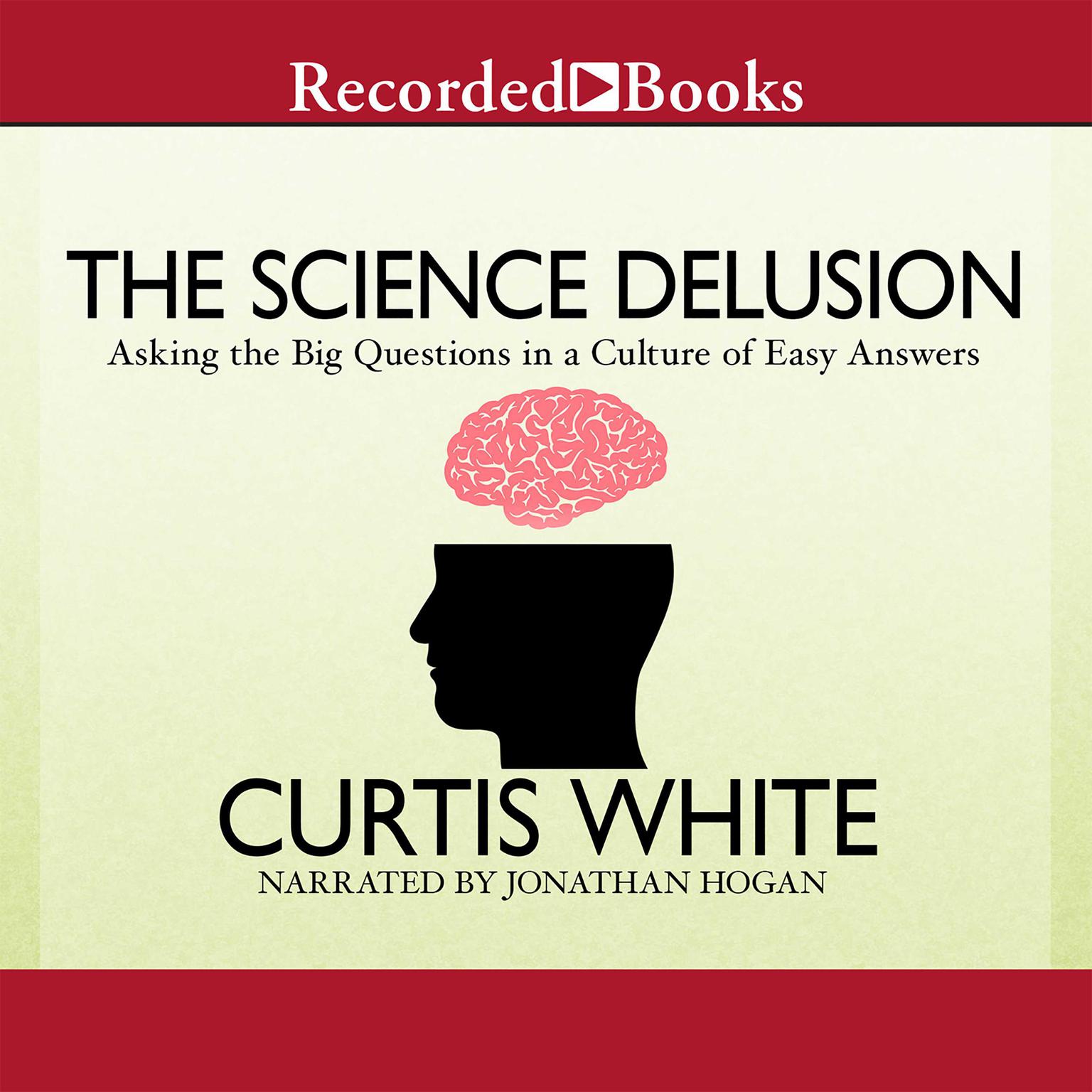 Play Audiobook Sample
Play Audiobook Sample
The Science Delusion: Asking the Big Questions in a Culture of Easy Answers Audiobook
 Play Audiobook Sample
Play Audiobook Sample
Quick Stats About this Audiobook
Total Audiobook Chapters:
Longest Chapter Length:
Shortest Chapter Length:
Average Chapter Length:
Audiobooks by this Author:
Publisher Description
One of our most brilliant social critics-- author of the bestselling The Middle Mind-- presents a scathing critique of the " delusions" of science alongside a rousing defense of the tradition of Romanticism and the " big" questions. With the rise of religion critics such as Richard Dawkins, and of pseudo-science advocates such as Malcolm Gladwell and Jonah Lehrer, you' re likely to become a subject of ridicule if you wonder " Why is there something instead of nothing?" or " What is our purpose on earth?" Instead, at universities around the world, and in the general cultural milieu, we' re all being taught that science can resolve all questions without the help of philosophy, politics, or the humanities. In short, the rich philosophical debates of the 19th century have been nearly totally abandoned, argues critic Curtis White. An atheist himself, White nonetheless calls this new turn " scientism"-- and fears what it will do to our culture if allowed to flourish without challenge. In fact, in " scientism" White sees a new religion with many unexamined assumptions. In this brilliant multi-part critique, he aims at a TED talk by a distinguished neuroscientist in which we are told that human thought is merely the product of our " connectome," a map of neural connections in the brain that is yet to be fully understood. . . . He whips a widely respected physicist who argues that our new understanding of the origins of the universe obviates any philosophical inquiry . . . and ends with a learned defense of the tradition of Romanticism, which White believes our technology and science-obsessed world desperately needs to rediscover. It' s the only way, he argues, that we can see our world clearly. . . and change it.
Download and start listening now!
“Those who listen to White’s bookwill find themselves thinking about science in unexpected ways. The authormakes the case that science has succeeded in defining reality but has become asystem of dogma that is limiting a freer exploration of ideas. Jonathan Hogannarrates with a largely professorial tone that reflects White’s enthusiasm.Even if listeners haven’t considered the relationships between the free market,the Industrial Revolution, the humanities, and other topics, Hogan keeps thingsinteresting. As White quotes figures such as evolutionary biologist RichardDawkins and writer Christopher Hitchens, Hogan’s intonations reflect theloftiness of their comments. At times, the ideas are esoteric, but listenerswill find far-reaching new thoughts on a range of subjects.”
— AudioFile
Quotes
-
”A symptomatic tour of the real sense of anxiety about the disenchantment of all those qualities that make us feel most alive and unique in the world.”
— New York Times Book Review -
“[White’s] brisk take downs of Hitchens, Hawking, Krauss, Lehrer and others are sharp and necessary, wielding elementary logic against figures who should know better. [White shows] just how easily good science can shade into the self-aggrandizing ideology of scientism.”
— Globe and Mail (Toronto) -
“An important and necessary book.”
— Philadelphia Review of Books -
“A bracing and necessary critique by an able arguer.”
— Toronto Star -
“There’s certainly a very real need to march on that citadel because the idea that there can be only one kind of truth has to be deeply damaging to the intellectual development of a culture.”
— Slate -
“[White’s] secular solution to the problem of corporatist science’s sanitizing of creativity and counterculture is an embrace of Romanticism, and he advises looking to the teachings of philosophers like Friedrich Schelling and scientists like Morse Peckham and Jacob Bronowski for ‘what science is mostly clueless about: how we ought to live’…White’s argument is worth consideration.”
— Publishers Weekly -
“White makes a passionate case for the Romanticist view that recognizes mysteries inexplicable through science and without pinning them to the actions of a god. With some broad generalizations and extensive use of challenging quotes from philosophers he admires, White’s book requires readers to be ready to put in some serious intellectual effort.”
— Library Journal -
“A witty critique of scientific overreach that celebrates the totality of human achievement.”
— Kirkus Reviews
Awards
-
A Toronto Star Book of Note
The Science Delusion Listener Reviews
- — David Smith, 4/21/2022
About Curtis White
Curtis White is the author of the novels Memories of My Father Watching TV and Requiem. A widely acclaimed essayist, he has had work appear in Harper’s Magazine, Context, Lapham’s Quarterly, Orion, and Playboy. His book The Middle Mind: Why Americans Don’t Think for Themselves was an international bestseller in 2003.
About Jonathan Hogan
Jonathan Hogan is a stage, television, and film actor. He has appeared in several episodes of Law & Order, as well as One Life to Live, As the World Turns, and Ryan’s Hope. In 1985 his performance in the play As Is earned him a Tony Award nomination.




